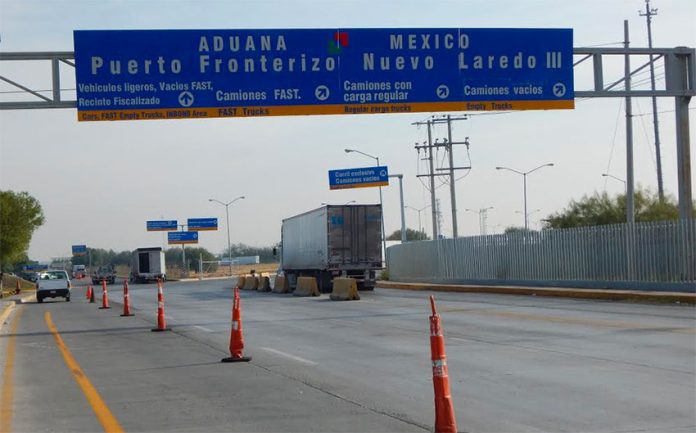The prohibition of nonessential travel between the United States and Mexico has affected the ability of Mexican cartels to ship drugs north and dollars south, according to the U.S. Customs and Border Patrol (CBP).
CBP data reveal that from February to March, as the United States began to impose strict travel restrictions in the face of the growing Covid-19 outbreak, seizures of drugs and cash dropped substantially, as did the rate of human trafficking.
Seizures of cocaine, fentanyl, methamphetamine and heroin all decreased, while confiscations of marijuana rose slightly. The four harder drugs, whose movement appears to have been seriously affected, represent the bulk of sales for the drug cartels.
In March, as the pandemic began to seriously affect the United States and Mexico, the Pentagon deployed 500 additional troops to reinforce the more than 20,000 Border Patrol officers on the frontier.
This beefed-up military presence and the decrease in automobile traffic entering the United States lowered the number of drug mules smuggling contraband north.
“It’s not easy for the cartels to hide their shipments [during the health crisis],” said Víctor Manjarrez, former head of the Border Patrol offices in El Paso, Texas, and Tucson, Arizona.
The drug that has seen the biggest decline in movement and seizures is cocaine brought from Bolivia and Colombia, whose seizures fell by almost half, from 5.8 tonnes in February to 2.9 tonnes in March. This was followed by methamphetamine, which fell 31.3%, from 6.1 to 4.2 tonnes in the same period.
The amount of heroin confiscated at the border fell 16%, from 177.3 kilos in February to 149.2 in March, and fentanyl seizures fell 8.6%, from 126 kilos to 115.2.
The CBP has also seen a decrease in the movement of cash. Seizures fell 61.3% in March. U.S. authorities confiscated US $14.16 million in February, but that number fell to $5.48 million in the following month.
Source: Milenio (sp)
